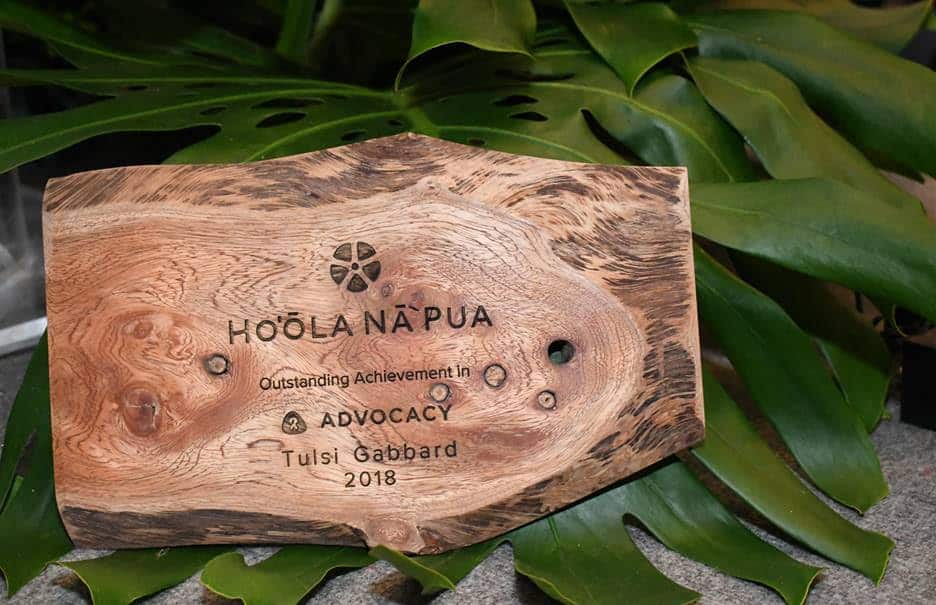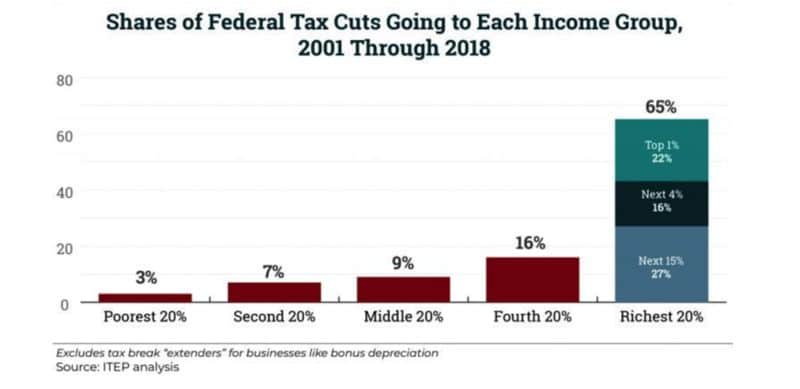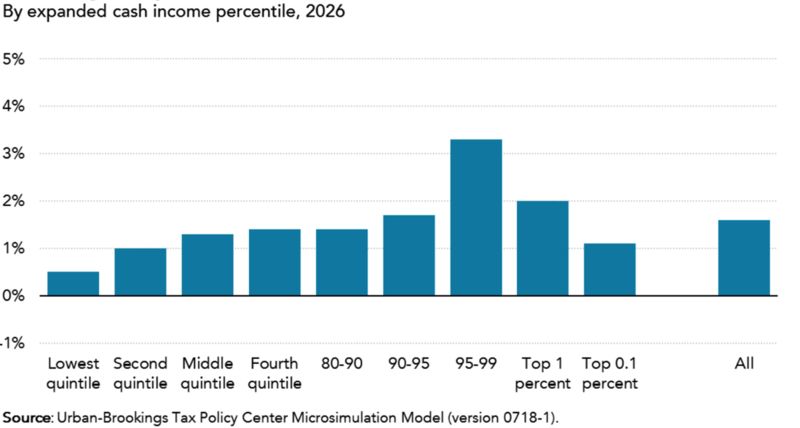Every single day, families suffering from police violence find themselves in the fog of unspeakable setbacks. Some have lost their fathers or sons, their mothers or daughters, their brothers or sisters, their neighbors or friends. I am sometimes enlisted to help them. Before I was a journalist, I was a pastor, and it was often my job to guide families through grief and loss. But it’s a unique crisis to have the life of your loved one taken by the state. Who do you call? 911? Who leads the investigation? Who brings you justice? The answers for these families are altogether different than in other murder cases.
When I got the call that Chinedu Okobi had been killed by police from the San Mateo County Sheriff’s Office in the San Francisco Bay Area, it was different. This was my Morehouse brother. You’d almost have to have lived at 830 Westview Drive, on that red clay hill in Georgia called Morehouse College, to truly understand how that bond is formed. We are close. We have each other’s back. Comparing Morehouse to a regular Greek fraternity is not good enough. It’s a brotherhood in the truest sense: It’s a family.
I was Chinedu’s student government president. He and I lived in the same dorm. He was close friends with many of my close friends. His sister Ebele, a revered executive at Facebook, is close with many of my closest friends at the company.
When I got a call from her this past Saturday to discuss Chinedu Okobi’s death, I had to fight hard to hold back tears. I was surprised at my own fragile state. My dear brother, Jason, just passed away a few weeks ago. While his death had absolutely nothing to do with police violence, for the first time I understood the unique pain of losing a brother who was supposed to have his whole life ahead of him.
Chinedu Okobi should be alive right now. At the very most, he should be in a hospital receiving mental health treatment. By now, he likely would’ve been released back to the care of his family. Local police have not responded to my repeated requests for more information about Chinedu’s death, but this much we know: While he was technically unarmed, meaning that he had no gun or knife or illegal weapon on his body, he was armed in a very American way. He was a big Black man, a dark-skinned Nigerian who was 6 feet, 3 inches tall and weighed 330 pounds. In the eyes of American police, that might as well be armed. This nation has long since weaponized blackness.
This country has also weaponized mental illness. Chinedu lived with mental illness. He received treatment, took medications, and worked hard to balance his life the best he could. I never knew it. What I do know is that in this country, when someone is having a mental health crisis, police are called — which is like bringing in a bulldozer to fix a leaky faucet. It’s a stupid system.
Chinedu needed to go to the hospital. He needed medical treatment. Instead, he was surrounded by officers who appear to have repeatedly used a Taser on him until he died. Let me phrase that another way: Chinedu was still shot, but by guns that electrocute people to death instead of tearing apart their flesh and organs with bullets. In the name of being safer than guns, hundreds of thousands of police officers have now been armed with Tasers, but they aren’t safe — not at all.
Chinedu’s black life didn’t matter. Those cops would not have treated their own family that way. If Chinedu was their son or father or brother, those men would’ve found another way to deal with his crisis.
Since 2000, American police have killed at least 1,000 people with Tasers. They are horrible. The primary company that makes them, Taser, has changed its name to Axon — just like Corrections Corporation of America, the notorious private prison company, changed its name to CoreCivic. It’s an attempt to escape their baggage, but it’s the same old shit.
And Axon has gotten a complete pass for what the company makes. The company deflects from the fact that they make machines that send uncontrollable electricity into people’s bodies. The problem, of course, is that the human body simply was not built to take these surges of electricity. Axon advertises these weapons as “less lethal,” but the comparison to guns and other weapons would be cold comfort for the more than 1,000 people who have died from the electric shocks.
Worse yet, the “less lethal” moniker has meant that many cities and states don’t have robust regulations for how law enforcement is supposed to use these weapons. So the mythical “less lethal” marketing is working — for the company, not for victims of the weapons.
That such dangerous shocks would be administered to people with mental illnesses is especially upsetting. Every single day in this country, hundreds of thousands of nurses treat adults and children who are living with mental illness. Those patients are regularly in crisis, and nurses consistently face them down without ever having to electrocute them into submission. If five police officers were unable to do the same thing with Chinedu without killing him, the problem is not Chinedu — it’s the police officers. It’s the consistent impatience with black people in distress that is shown by law enforcement.
The United States, particularly the United States government, seems to have long ago given up on completely reimagining how to solve its most complex problems. This much, though, should be obvious: Electrocuting people into submission is a horrible idea, no matter how supposedly “less lethal” the weapon is.
 “Unfortunately, tens of thousands of men, women, and children are victims of human trafficking every year – around the world, and in Hawai‘i,” said Rep. Gabbard. “Kids as young as ten or eleven years old have been taken from schools, beaches, and malls through an intricate network of sex traffickers. Too often, these cases remain under-reported and under-prosecuted. I’m grateful for the great leadership and service that Ho’ola Na Pua provides, shining a light on this epidemic, and supporting, caring for, and empowering female sex trafficking survivors. I am humbled to receive the Ho’ola Na Pua Advocacy Award and will continue to do my best to support these courageous survivors and ensure they get the care they need to heal and move forward with their lives.”
“Unfortunately, tens of thousands of men, women, and children are victims of human trafficking every year – around the world, and in Hawai‘i,” said Rep. Gabbard. “Kids as young as ten or eleven years old have been taken from schools, beaches, and malls through an intricate network of sex traffickers. Too often, these cases remain under-reported and under-prosecuted. I’m grateful for the great leadership and service that Ho’ola Na Pua provides, shining a light on this epidemic, and supporting, caring for, and empowering female sex trafficking survivors. I am humbled to receive the Ho’ola Na Pua Advocacy Award and will continue to do my best to support these courageous survivors and ensure they get the care they need to heal and move forward with their lives.”
